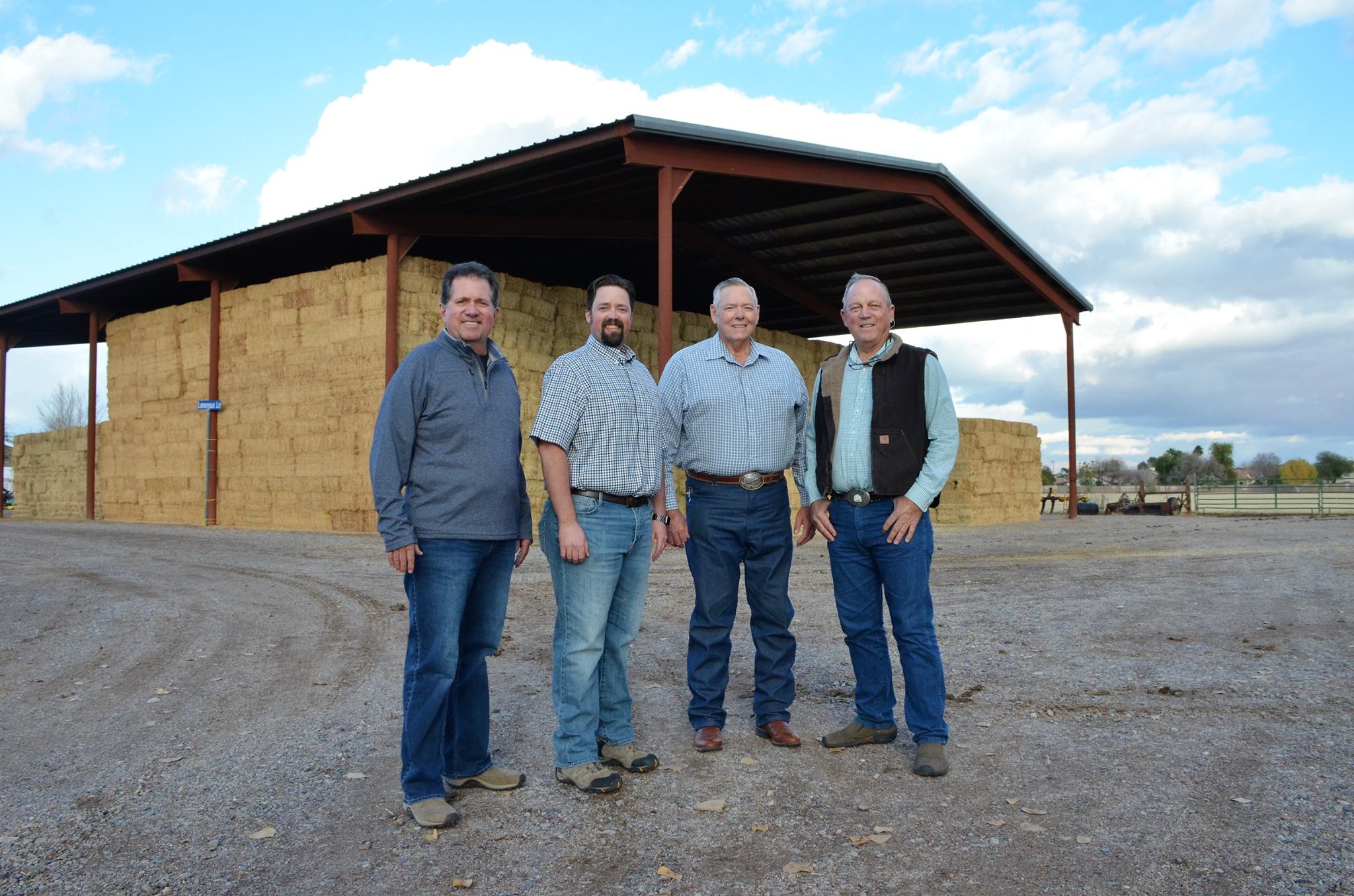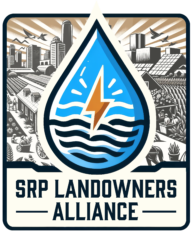SRP Governance Structure
SRP is a Water Utility, and A Power Utility
Salt River Project (SRP) is a unique public utility serving the Phoenix metropolitan area. Its structure comprises two distinct entities: the Salt River Valley Water Users' Association, a private water corporation established in 1903, and the Salt River Project Agricultural Improvement and Power District, a political subdivision of Arizona created in 1937. The Association oversees water resource management, ensuring irrigation water delivery to the region's agricultural and urban sectors. The District is responsible for power generation and distribution, providing reliable electricity to more than 1 million customers.
SRP is governed by a 14-member board of directors elected from within the community, reflecting the cooperative model's grassroots approach. Additionally, two elected councils, consisting of 30 members, enact and amend bylaws related to SRP's governing bodies and serve as liaisons to landowners. The organization also elects an SRP president and vice president, who provide leadership and strategic direction. This comprehensive governance structure allows SRP to effectively integrate water and power services, promoting sustainable resource management and community-focused initiatives.

SRP Board
The Salt River Project (SRP) is governed by two boards: the Association Board and the District Board. The Association Board consists of 10 members, with the SRP president serving as an ex-officio member and acting as its chair. The District Board comprises 14 members, with board members serving staggered four-year terms. The Association Board oversees water resource management, while the District Board is responsible for power generation and distribution. Both boards work together to approve rates, and budgets, and ensure sustainable resource management.
SRP Council
The Salt River Project (SRP) has two elected councils, each consisting of 30 members serving staggered four-year terms. These councils act as liaisons for the shareholders in the community, often advocating for customer issues. They set or amend SRP by-laws and approve funding measures such as bonds, ensuring financial stability. The councils play a vital role in ensuring community representation and effective governance within SRP, working closely with the SRP Board to maintain transparency and accountability.


